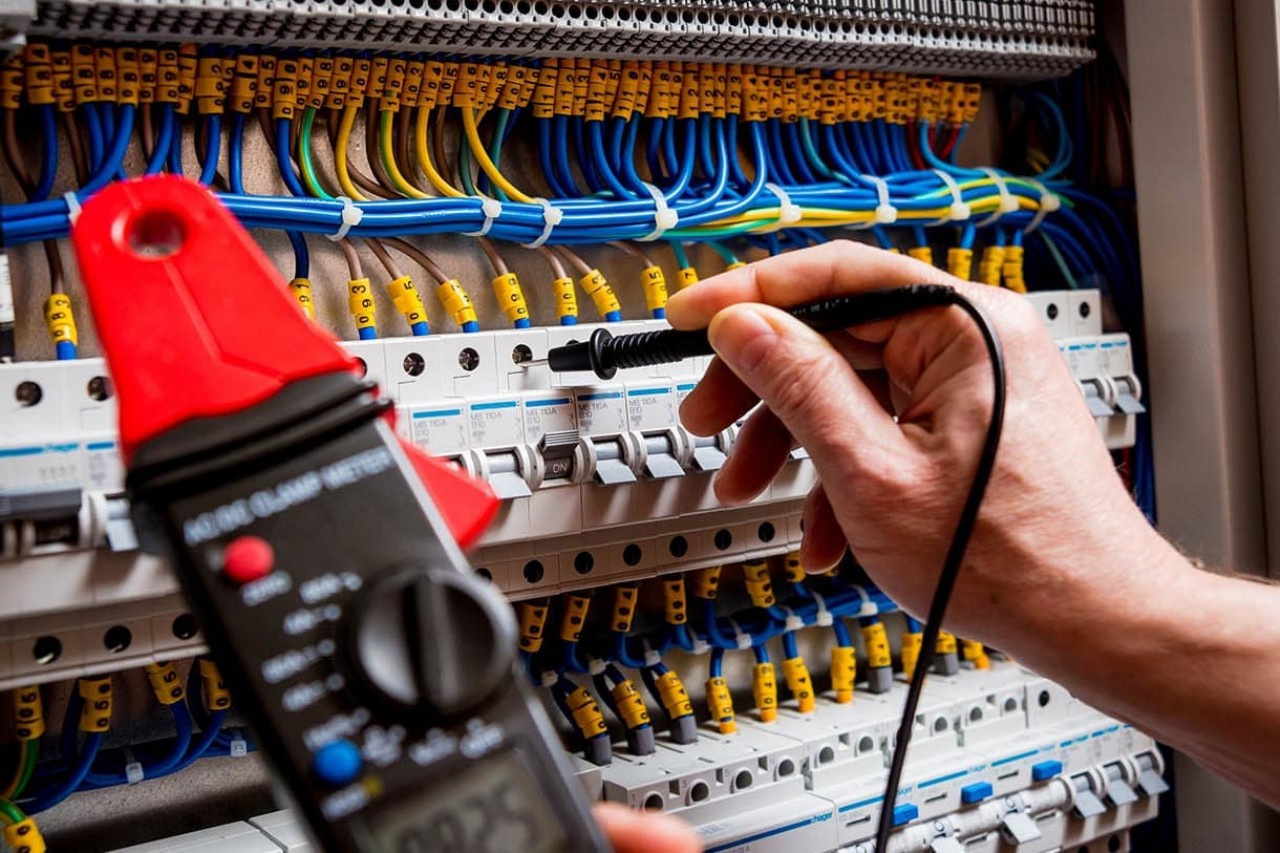Looking for about tools for plastering walls or learn about tools for plastering walls or discuss about tools for plastering walls or share about tools for plastering walls or ask about tools for plastering walls.
Plastering walls is an essential part of interior decoration and renovation projects. Whether you're patching up damaged areas or giving your walls a fresh new look, having the right tools is crucial to achieve a smooth and professional finish. Here are some must-have tools for plastering walls:
Trowels are the most basic and important tool for plastering. They come in different sizes and shapes, but a traditional rectangular trowel with a comfortable handle is ideal for most plastering tasks. Trowels are used to apply and smooth out the plaster onto the wall, ensuring an even and consistent layer.
A hawk, also known as a mortarboard, is a square or rectangular platform with a handle underneath. It is used to hold the plaster material, allowing the plasterer to easily scoop it up with their trowel. The handle provides stability while you work, improving accuracy and control over the plaster application.
A plastering float is a large, flat tool with a handle that is used to achieve a smooth and even surface. It is typically made from materials like wood or plastic. The float is employed after applying the initial layer of plaster to help flatten and level the surface, removing any imperfections or bumps.
A plastering trowel set usually includes a range of trowels designed for specific purposes. These may include a bucket trowel, corner trowel, or finishing trowel. A bucket trowel is used to scoop plaster from the bucket, while a corner trowel helps to neatly plaster corners and edges. The finishing trowel is used for final touches on the plaster surface to achieve a polished finish.
A jointing knife, also known as a putty knife, is used to fill in gaps and joints in the plastered walls. It has a thin, flexible blade that allows you to easily spread and smooth jointing compound or filler into cavities and cracks. This tool is particularly handy for repairing small damages or cracks in the plaster.
A plasterer's rule is a long, straight-edged tool used to ensure evenness and straight lines when applying the plaster. It helps measure and maintain consistent plaster thickness throughout the wall. The straight edge allows you to scrape off excess plaster and create a flat and seamless surface.
After the plaster has dried, sanding tools are required to achieve a smooth and refined finish. Sanding blocks or a sanding pole with various grits of sandpaper will help to eliminate any surface inconsistencies, bumps, or rough patches, leaving the walls ready for painting or further treatment.
Plastering can be a messy job, so having the right cleaning tools is essential. Items such as a bucket, sponge, and scrubbing brush are useful for cleaning plastering equipment like trowels and hawk after use. Additionally, make sure to keep rags or towels nearby to wipe off excess plaster and maintain a clean working area.
Investing in high-quality plastering tools will not only make the job easier but also ensure a professional and long-lasting finish. With the right tools at hand, you can confidently tackle any plastering project and transform your walls into works of art.
Plastering walls is a fundamental step in the process of finishing and beautifying interior surfaces. To achieve a smooth and flawless finish, it is important to have the right tools. Here are some essential tools for plastering walls:
The trowel is perhaps the most important tool for plastering walls. It is used to apply and spread the plaster on the surface evenly. A good quality steel trowel with a comfortable handle will ensure better control while spreading the plaster.
A hawk is a square or rectangular-shaped tool with a handle underneath that allows the plasterer to hold and transport the plaster. It enables easy access to the plaster while working on the wall, eliminating the need to constantly reach for the bucket or tray.
A plastering float is a flat rectangular tool with handles on either side. It is used to level and smooth the surface of the plaster during the application process. The float helps create an even and uniform finish by removing any excess material and filling in any imperfections.
In addition to the standard trowel, various plastering trowels serve specific purposes. A corner trowel is designed to work on internal and external corners, ensuring a clean and crisp finish. A feather edge trowel has a thin, flexible blade used for smoothing and finishing plastered surfaces.
Mixing plaster can be a physically demanding task. A plastering mixer, often an electric drill with a paddle attachment, makes the job easier and faster. It ensures that the plaster is well-mixed, free of lumps, and ready for application.
A bucket trowel is a smaller, pointed trowel that is ideal for scooping plaster from the bucket and transferring it to the hawk. Its pointed shape helps in accurate measurement while reducing waste.
Plastering brushes are used to wet the wall and apply a bonding agent before plastering. They help ensure better adhesion and reduce the chances of the plaster drying out too quickly. Brushes with long bristles are ideal for this purpose.
After the plaster is applied, a sponge float is used to smooth the surface and create a fine texture. It helps in achieving a polished and professional appearance, especially for decorative finishes.
Having these essential tools readily available will significantly improve your plastering experience and enable you to achieve high-quality results. Remember to clean and maintain your tools properly to ensure their longevity. Happy plastering!

Audi A1 Oil Change Guide: Step-by-Step Instructions Changing the oil in your Audi A1 is a crucial part of routine maintenance that ensures your engin

Common Electrical Ignition System Faults in Appliances The electrical ignition system in household appliances is a critical component responsible for

Understanding the Ford Onboard Diagnostic System (OBD): Empowering Vehicle Owners In the realm of modern automotive technology, the Ford Onboard Diag
In what ways can a hydraulic malfunction be repaired in a CLAAS Arion?
Thursday, May 11, 2023 CLAAS / Arion Answered: 3 178
178ashley1976 asked.
Discover the various belt tensioning tools for effective John Deere equipment maintenance. Explore the different types and optimize your maintenance routine.
Monday, February 5, 2024 / John Deere belt tensioning tools Answered: 1 129
129Reese Wilson asked.
Common methods for diagnosing ignition system issues in vehicles include checking spark plugs, ignition coils, and the battery, as well as using diagnostic tools like a scan tool or spark tester.
Wednesday, March 6, 2024 / Ignition system diagnostics Answered: 1 130
130Omega asked.
Looking to change the oil in your Maserati Spyder? Find out the essential oil change tools needed to keep your luxury vehicle in top condition.
Tuesday, January 2, 2024 Maserati / Maserati Spyder oil change tools Answered: 2 132
132jerome30IL asked.
Learn the recommended steps for conducting an oil change on a GLC 43 SUV and how often it should be done to maintain optimal performance.
Monday, March 11, 2024 / GLC 43 SUV oil change steps Answered: 1 181
181Tyler_AR asked.
Discover how psychic cognition technology empowers individuals to access their subconscious mind, unlocking valuable information and insights at a whole new level.
Friday, February 16, 2024 / Psychic cognition technology Answered: 2 147
147Jonathon asked.
Learn how to tighten the belt on your John Deere lawn mower with our step-by-step guide. Keep your mower running smoothly and efficiently!
Friday, December 29, 2023 John Deere / John Deere lawn mower belt tightening Answered: 2 157
157calvin21MN asked.
Learn how to modify CC ID codes and maintain data integrity in the system with these essential steps. Keep your information accurate and secure.
Monday, February 19, 2024 / CC ID code modification steps Answered: 1 126
126BlazePioneer asked.
Discover tips and techniques to achieve perfect balance in epoxy pouring for flawless and even results. Achieve stunning and professional finishes.
Tuesday, January 2, 2024 Epoxy Crafts / Achieving balance with epoxy resin pouring in abst Answered: 3 161
161Riley Simmons asked.
Discover how sensory perception technology is reshaping our interactions with the environment, enhancing experiences and improving efficiency.
Saturday, April 27, 2024 / Sensory perception technology Answered: 2 124
124Jordan Green asked.
This page has been viewed a total of 69 times
tepte.com: Your Questions and Answers Resource with a Wealth of General Knowledge
Are you seeking a one-stop destination for comprehensive knowledge and answers to your burning questions? Look no further than tepte.com! Our platform is your go-to source for a wide range of information, all conveniently presented in an easily accessible question and answer format.
At tepte.com, we pride ourselves on being your reliable knowledge hub. Whether you're curious about technology, science, history, or any other subject under the sun, our extensive General Knowledge (GK) knowledge base has you covered. We've made it our mission to provide you with in-depth insights and facts on an array of topics. Read more